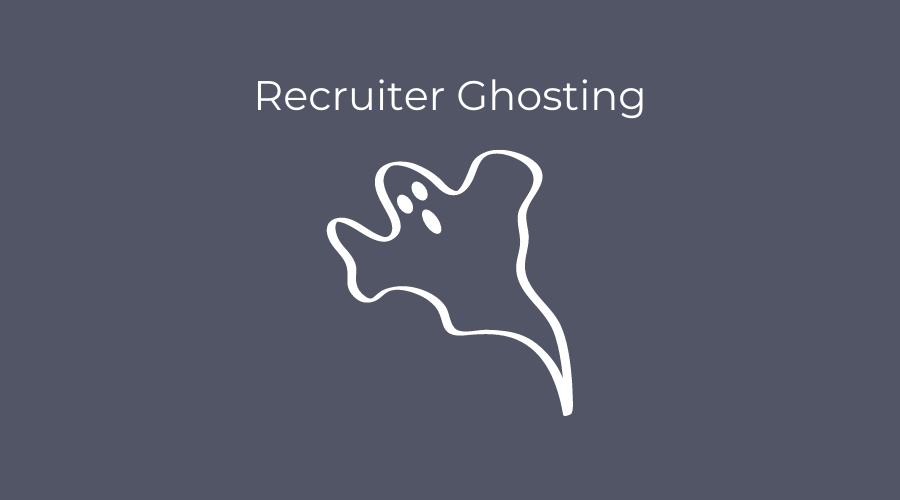Recruiter ghosting has become so common and so widespread that to call it an epidemic is an understatement. And it is damaging employer brands by perpetuating the resume black hole that most job seekers experience.
Just look what one candidate said on Reddit recently;
After hundreds of applications and a few interviews, I can see that recruiter ghosting is at an all time high. The second they determine you’re of no use to them, then all communication stops. I’m tempted to build a site where ppl can post their ghosting experience. Maybe if they were publically shamed then they’d change their behavior?
Borrowed from online dating, the term “ghosting” describes the situation when a candidate – or an employer – simply stops communicating without explanation. It’s different from the well-known black hole where a job seeker applies but hears nothing, not even an acknowledgement of the application.
In ghosting, a conversation has actually begun between candidate and employer. Recruiters have done it for years but only in the past few years have candidates taken it up in earnest thanks to robust hiring.
Ghosting was already an irritant in 2019, when the global jobs aggregator Indeed.com called it an epidemic in a report on the phenomenon. Now in its latest study, Indeed tells us ghosting has all but exploded. 28% of job seekers have ghosted an employer, says Indeed, up from 18% in the 2019 survey.
About half just stopped communicating with a hiring manager. That’s troubling enough, but 7% said they went through the entire hiring process, accepted an offer, but then didn’t show up for work.
As surprising as that may be, employers have done worse. 77% of job seekers say they’ve been ghosted by an employer. Stunningly, 10% report being ghosted by an employer after receiving a job offer.
If you suspect a bit of job seeker exaggeration may have crept into the results, consider that 73% of employers in the study admitted to ghosting candidates in just the last year.
It’s a sign, says Indeed, “that ghosting has become standard practice in the hiring process — even though it creates a terrible candidate experience and can threaten a company’s employer brand,” says Indeed.
Why is this happening?
Writing about the ghosting trend, executive recruiter and search firm founder Jack Kelly points the finger at society generally and the depersonalization of hiring specifically.
“A combination of deploying technology, an unfortunate rise in incivility in our country and the ease of applying to jobs has made the job search experience cold and impersonal — resulting in the sudden rise in ghosting,” he writes in Forbes.
A more generous Laura Mazzullo, founder and owner of a recruiting firm that places HR professionals, suspects it’s not so much intentional incivility, but fear of confrontation that causes hiring managers and recruiters to ghost candidates.
Commenting in a recent article on the Society for Human Resource Management website, Mazzullo says, “That fear paralyzes them from even sending an e-mail. The fear is all about ‘How will the other person respond? What if they hang up on me? What if they yell at me? What if they’re disappointed in me? What if they give me a long, undesired sales pitch to try and change my mind?’”
Ghosting employers, on the other hand, is more common among younger workers who have grown up with anonymous review sites and dating apps where ghosting is common, even accepted.
“Younger job seekers have ghosting experience from dating apps, and from growing up texting — or not replying to texts that might lead to hard conversations,” speculated Robin Rosenberg, a clinical psychologist and CEO of a company that focused on workplace bias and incivility. “It’s possible that younger job candidates prefer ghosting to having conversations, even if employers weren’t ghosting.”
Whatever the reason, ghosted employers hold the upper hand. Indeed’s survey found that nearly all but a handful of employers track ghosters. Indeed says 26% of employers track those who stopped responding and 35% track those who don’t show up for an interview. A third make notes about those who don’t show up after being hired.
Recruiters who ghost however are not doing any favors for your employer brand. Companies need to make sure that each of their recruiters close the loop with the proper rejection email to ensure their reputation remains intact. Otherwise you risk rants like the Reddit example above.


